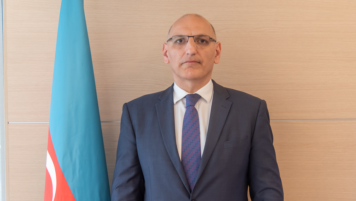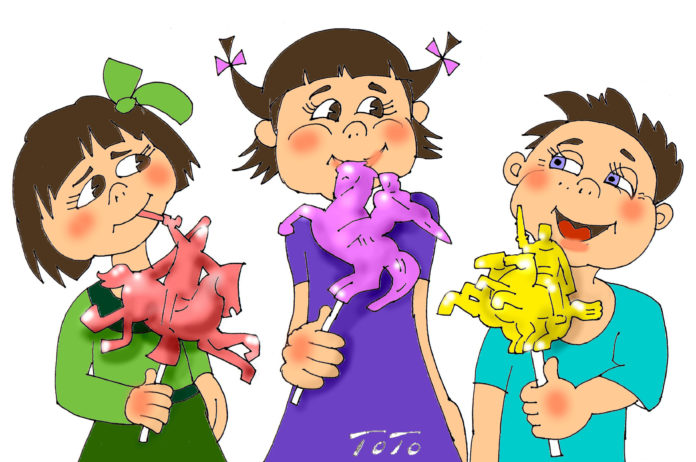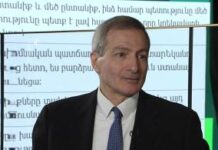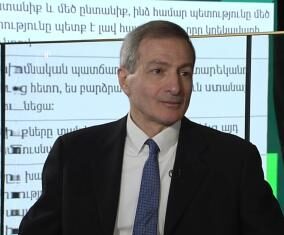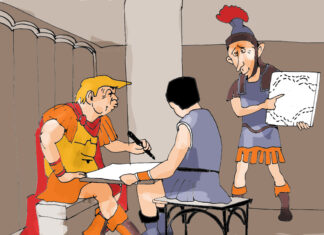By Edmond Y. Azadian
Sarkis Hatsbanian was a tragic hero. He was born in Turkey but he had a life full of adventure to avenge the Armenian Genocide. He combined his erudition with the spirit of a revolutionary and he sacrificed his life for the cause along the way.
He moved from Turkey to France for his education. As he developed his awareness of his Armenian identity, he decided to weaponize his knowledge to fight the injustices committed by the Turks against the Armenians. As he stated many times in his public comments, he arrived in Armenia from France with a one-way ticket. He joined the ragtag Karabakh army to fight the Azeris and he became one of the legendary heroes of the battle of Kelbajar. Then, like many Karabakh veterans, he engaged himself in Armenia’s civic and political life after the war of liberation. He was articulate and outspoken and a vitriolic critic of the current regime in Armenia, where he ended up in jail as he had gone too far in his actions.
The part of his life which is not fully known to the public was the role that he played as Hrant Dink’s counterpart in Armenia. As much as he hated Turkey’s criminal past, he was very much in favor of cooperating with the progressive elements of Turkish and Kurdish societies.
